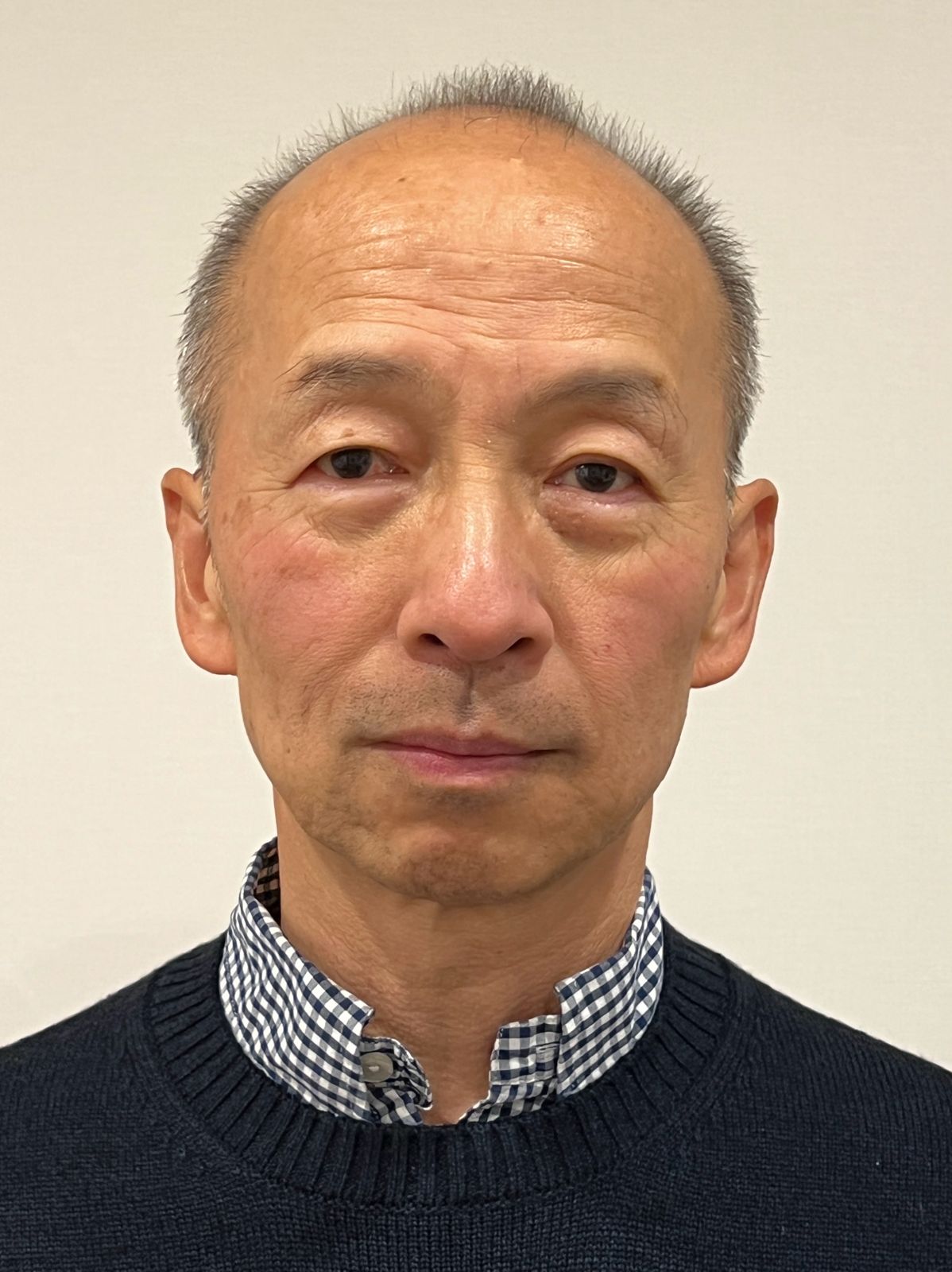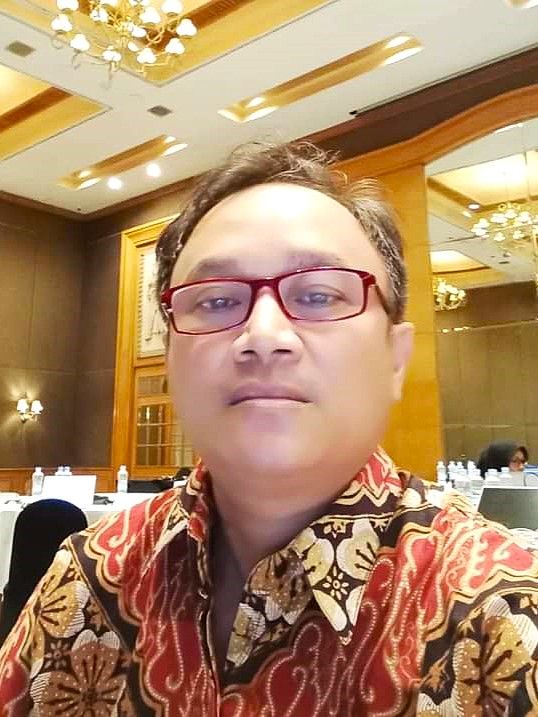Keynotes Speaker
Professor Shuo-Yan Chou
Short Profile:
Shuo-Yan Chou is a Distinguished Professor of Industrial Management and the Director of the Center for Internet of Things Innovation (CITI) at National Taiwan University of Science and Technology (Taiwan Tech). His research interests encompass Internet of Things (IoT) innovation, technology-enabled services, sustainability, smart energy systems, intelligent logistics, artificial intelligence, and blockchain technologies, with a focus on applications in smart cities and Industry 4.0 development. Dr. Chou has served as Editor-in-Chief of the Journal of the Chinese Institute of Industrial Engineers (Taylor & Francis) and has held editorial board positions with journals such as the International Journal of Fuzzy Systems, ASCE Journal of Energy Engineering, Journal of Engineering Design, PLOS ONE, and Wind, among others. He is also actively engaged in a variety of academic and public service roles.He has been a visiting professor or scholar at several leading institutions, including Tohoku University, the University of Tokyo, MIT Media Lab, ETH Zurich, Hanyang University (Korea), Peking University, Nagoya University, the Hong Kong University of Science and Technology, and the University of Washington. Dr. Chouearned his Ph.D. in Industrial and Operations Engineering from the University of Michigan.
Keynote Title: Toward a Sustainable Energy Future: Smart Energy Innovations and Approaches
Short Abstract:
In response to escalating climate challenges, global energy systems are undergoing a transformative shift toward sustainability. This presentation explores smart energy approaches that integrate advanced technologies such as the Internet of Things (IoT), AI, blockchain, and cyber-physical systems to enable sustainable energy management. It highlights a framework that addresses both supply- and demand-side challenges through innovations in smart grid systems, microgrids, renewable integration, energy storage, and intelligent building management. Additionally, the talk discusses policy implications, digital twin technologies for optimizing system performance, carbon footprint tracking through blockchain, and energy-efficient warehouse operations using Robotic Mobile Fulfillment Systems (RMFS). Emphasizing cross-disciplinary integration, this presentation provides a holistic view of how smart energy strategies can support decarbonization, enhance operational efficiency, and foster resilient infrastructure in alignment with SDGs and ESG principles.
Professor Juliana Sutanto
Short Profile:
Juliana Sutanto graduated from National University of Singapore in 2008 with a PhD. in Information Systems and worked in Europe for nearly fifteen years at ETH Zurich (Switzerland) and Lancaster University (UK). She joined Monash University in Melbourne, Australia in January 2023 as the Lead of Digital Transformation Group in the Department of Human-Centred Computing, Faculty of IT. She is currently the Associate Dean (International) and the Lead of Information Systems Research Group. Her research expertise is on information system design, users’ behavioural analysis and data management. Her research has been published in leading information systems journals including MIS Quarterly, Information Systems Research, Journal of the Association for Information Systems, and Journal of Management Information Systems. Among her on-going research are disaster management systems and health information systems.
Keynote Title: Rethinking Digital Transformation in the Age of AI
Short Abstract:
Digital transformation is built upon four key pillars: technology, people, process, and structure. It explores how these elements are deeply interconnected, drawing from real-world insights in disaster management and health information systems. It further examines how the emergence of artificial intelligence as a transformative force invites us to rethink and reimagine the relationships among these pillars, shaping the way organizations adapt and evolve in an increasingly complex digital landscape.
Associate Professor Irya Wisnubhadra
Short Profile:
Irya Wisnubhadra, S.T., M.T., Ph.D., IPM. is an Associate Professor and Head of the Technology Consultation Center at Universitas Atma Jaya Yogyakarta. His areas of expertise include Business Intelligence, Computational Thinking, Programming, and Big Data. He earned his Bachelor’s degree in Electrical Engineering from Universitas Gadjah Mada (1994), his Master’s degree in Informatics Engineering from Institut Teknologi Bandung (2001), and his Ph.D. in Information and Communication Technology from Universiti Teknikal Malaysia Melaka (2024).
Keynote Title: Computational Thinking Fosters Innovations, Ethics, and Governance for a Sustainable Future
Short Abstract:
In an era where digital ecosystems increasingly shape our economies, societies, and daily lives, we stand at a pivotal moment in history. From AI-driven decision-making to autonomous systems and global data flows, digital innovations rapidly transform how we interact with the world. But with such transformation comes great responsibility. As we design intelligent systems and interconnected platforms, we must embed ethics, equity, and governance at the core of every innovation. Sustainability is no longer a peripheral concern but a central principle in building digital ecosystems that serve people and the planet. This keynote explores how Computational Thinking (CT) provides a critical foundation for navigating this complexity. By enabling individuals to decompose problems, recognize patterns, develop algorithms, and evaluate systems, CT empowers the next generation to not only use technology but also shape it responsibly. How CT fosters innovation with intention.



